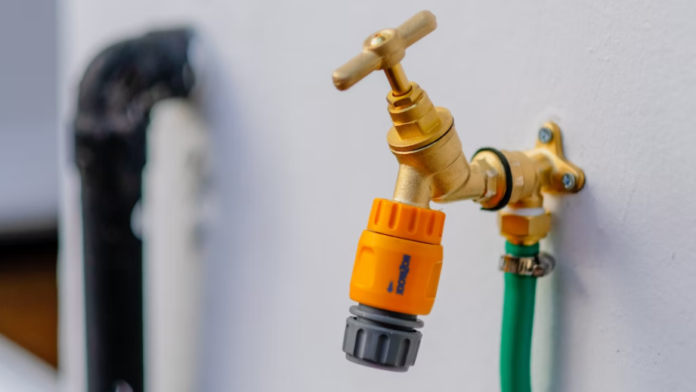It’s easy to forget about appliances like water treatment systems hidden under sinks and in basements. But the fact is, they need regular maintenance. The most significant part of any water system maintenance plan is pinpointing minor problems and tackling them immediately before they cause severe damage. This is especially important for water softeners.
Reduces Hard Water Buildup
Using water system maintenance products reduces hardness minerals that cause unsightly residue on bathtubs, showers, sinks, and tiles. These minerals also interact with soaps to form soap scum that leaves clothing less clean and your skin feeling oily after taking a shower. Prevention of these problems and regular cleaning will keep your surfaces looking bright and prevent a buildup that can lead to scale. Over time, hardness minerals can clog faucets and showerheads, decreasing water pressure throughout your home. A water softening system prevents these mineral deposits from forming in your pipes, allowing water to flow normally and reducing energy bills.
Additionally, these systems help to remove chlorine, lead, iron, and other contaminants. By removing these harmful substances, your water will look clear, taste better and smell fresher. This will be a welcome improvement for your family and your appliances.
Reduces Soap and Detergent Use
Soaps and detergents are used in many ways, from cleaning cars to ensuring cleanliness and hygiene in homes and workplaces. These products remove grease, oils, dirt, and other contaminants from surfaces and are also used in the hospitality industry to clean guest rooms and kitchens. Using a water system maintenance plan can help reduce the number of soaps and detergents you use in your home or business. This is because hard water can coat detergents, preventing them from lathering properly. A water filtration system with softening technology helps to avoid this issue, allowing soaps and detergents to work more efficiently. It is also possible to reduce the amount of soap and detergents you use by using devices such as low-flow showerheads, faucet aerators, and dishwashers that are energy efficient. This can save money on utilities and reduce the amount of wastewater discharged into septic systems or wastewater treatment plants.
Reduces Chlorine
Water systems use chlorine or chloramine to kill germs that can make people sick. Those germs can get into water from sources such as lakes and wells and when it travels through miles of pipes to your home. Water companies sanitize spring boxes or wells, storage tanks, and distribution lines with chlorine. Chloramine remains in the water longer than pure chlorine and can leave a taste in your water. It also creates disinfection byproducts that can cause health problems. Monochloramine is one of three types of chloramine used to sanitize water. It’s often paired with other water systems maintenance products like granular activated carbon (GAC) filters, UV light treatment, and softeners. Using a GAC filter can remove the chlorine in tap water and other contaminants such as lead, fluoride, arsenic, nitrates, and pesticides. Regular maintenance, such as backwashing and regeneration of the filter, testing backup battery power in water purifiers, and replacing the resin in UV light systems, can keep your system running smoothly.
Reduces Discoloration
If you notice a sudden change in your water’s color, it may be a sign that you must have your reverse osmosis system or another type of water treatment system cleaned or replaced. Water system maintenance should be a regular activity for your home. Cleaning cartridge filters, backwashing the system’s mechanical filter or softener, and ensuring backup battery power is working properly are all examples of water system maintenance that can help keep your appliances in good working order. It is crucial to have a water maintenance schedule in place to detect and address any minor issues before they escalate into major problems. To ensure the optimal functioning of your equipment, you must partner with a reliable water system service provider. These experts can create a comprehensive maintenance schedule that covers all the necessary information and offers valuable insights into your equipment’s workings.










